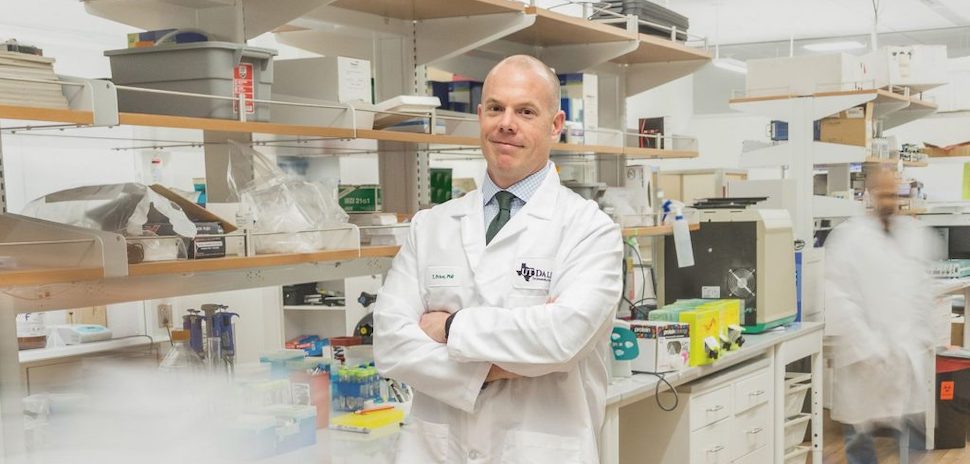Established with the help of a five-year, $11.3 million grant from the National Institute of Neurological Disorders and Stroke, researchers at UT Dallas’ new Human Nociceptor and Spinal Cord Molecular Signature Center, led by Dr. Ted Price, are digging into the causes of chronic pain and new ways to treat it.
“While we may understand pain pretty well in animals at this point, we don’t understand why that information translates — or fails to translate — to humans,” Price, an Ashbel Smith Professor of neuroscience at UT Dallas’ School of Behavioral and Brain Sciences, said in a statement. “The point of this initiative is to gain fundamental understanding of why that animal work isn’t translating and to use that information to do a better job of developing pain therapeutics that can stop pain at its source.”
‘The data… will fundamentally change the way we think about pain’
Working with co-principal investigators UT MD Anderson Cancer Center’s Dr. Patrick Dougherty and the University of Washington Medicine’s Dr. Michele Curatolo, the researchers are focusing their efforts on human dorsal root ganglia—a cluster of nerves that carry responses to things like pain and temperature. Using tissue from organ donors, researchers are hoping to better understand how parts of a nerve cell are activated by chronic pain disorders, in addition to learning more about neurons “communicate signals along the human pain pathway.
“The data we will generate on the cells that comprise the first part of the human pain pathway will fundamentally change the way that we think about pain and how we develop therapeutics,” Price said. “I don’t think there’s ever been a big project quite like this—aimed at describing the human pain system at this level of detail.”
Research could help the development of new chronic pain drugs
The research builds upon other work at UT Dallas’ Center for Advanced Pain Studies, where Price is the founding director, and where others are working to understand the causes behind lower back pain by comparing samples from patients that have had back-related surgeries.
Price said the goal is that by the end of the five-year period the researchers will have collected detailed molecular information on how the peripheral nervous system changes with age and chronic pain—something that will aid in the development of new drugs targeting chronic pain. In addition, the new UT Dallas center will look to “establish the scientific foundation that will empower pain researchers around the world.”
“We know some things now, but not nearly as much as we should. I think we’ll have fine molecular detail that will inspire many new projects on drug targets that could lead to a true next generation of pain therapeutics,” Price said.
![]()
Get on the list.
Dallas Innovates, every day.
Sign up to keep your eye on what’s new and next in Dallas-Fort Worth, every day.






























